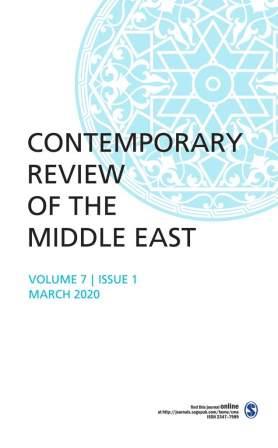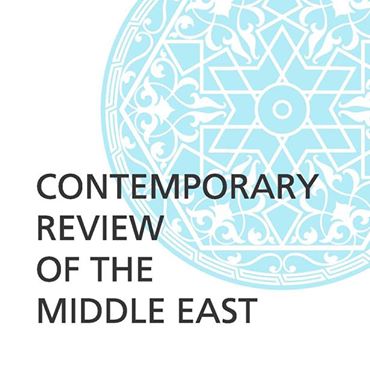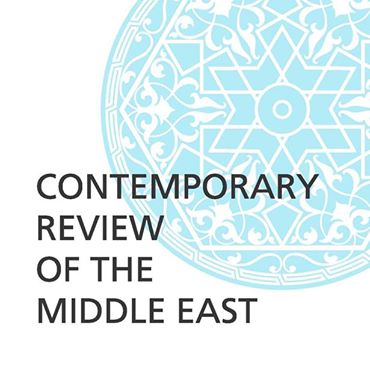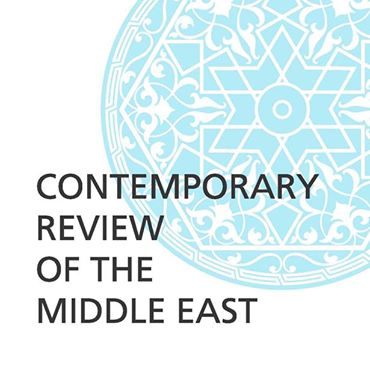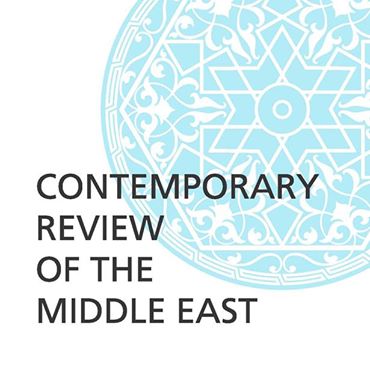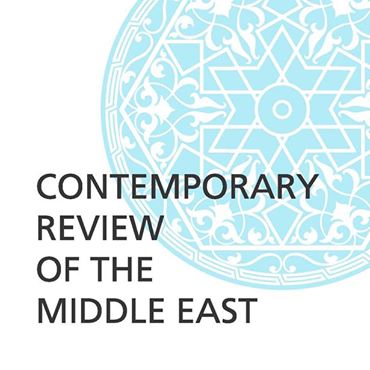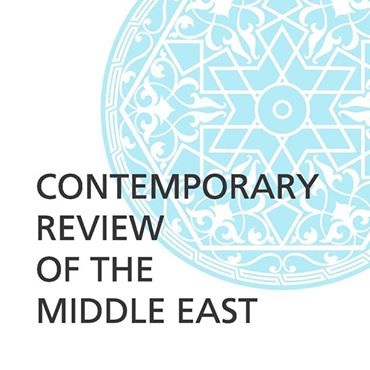Breaking
- MENU
Lorem Ipsum is simply dummy text of the printing and typesetting industry.
https://journals.sagepub.com/toc/cmea/current

Egyptian Orthodox Church among Inconsistent Political and Social Contexts
Ahmed M. Amin
Abstract
Beginning with the uprising in 2011 and until the reelection of President Abdel Fattah El-Sisi in 2018 for a second term, the Egyptian Orthodox Church has been an important player as the representative of the Coptic Christians in the country. This article examines the role of the Egyptian Orthodox Church since the establishment of the republic in 1952 and explores the historical events that sought to redefine the role of the Church in the political sphere. Unlike the previous studies focusing on Coptic Christians and their position in the sociopolitical contexts, this study tackles the political role of the Orthodox Church in its institutional capacity. The study concludes that the Egyptian Orthodox Church has turned into an important political player in the political sphere, and its political role increased substantially with the uprising. Its power is manifested in its support for the political transformations in 2013 and the backing the regime until today.
Keywords: Coptic Christians, Egyptian Orthodox Church, political theology, Muslim Brotherhood, Arab Spring, state–church relations
For the text please see: Web Link
pp. 181-199
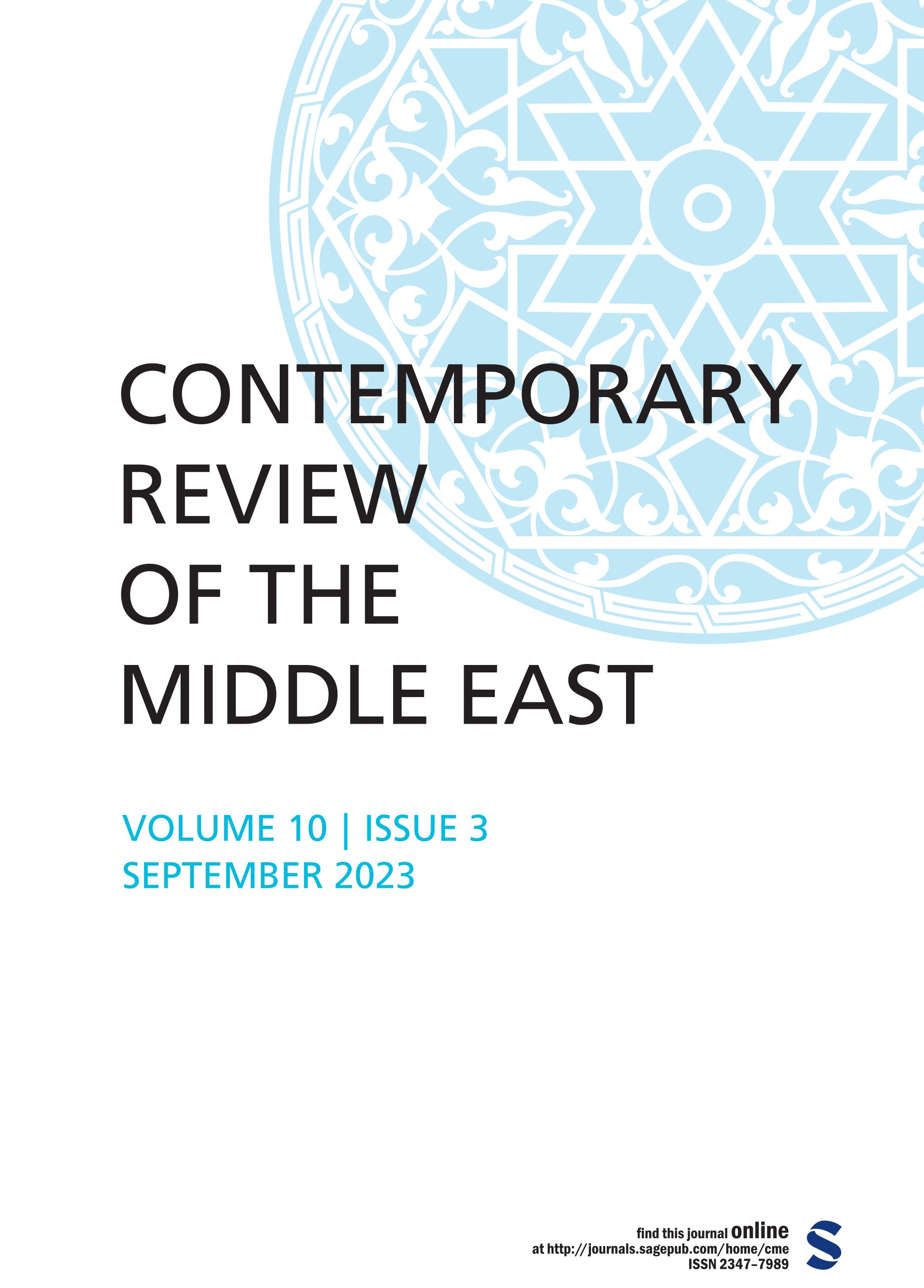
Invented Tradition as a Theoretical Approach Within Iranian Memory Studies: A Review Mohammad
Read More »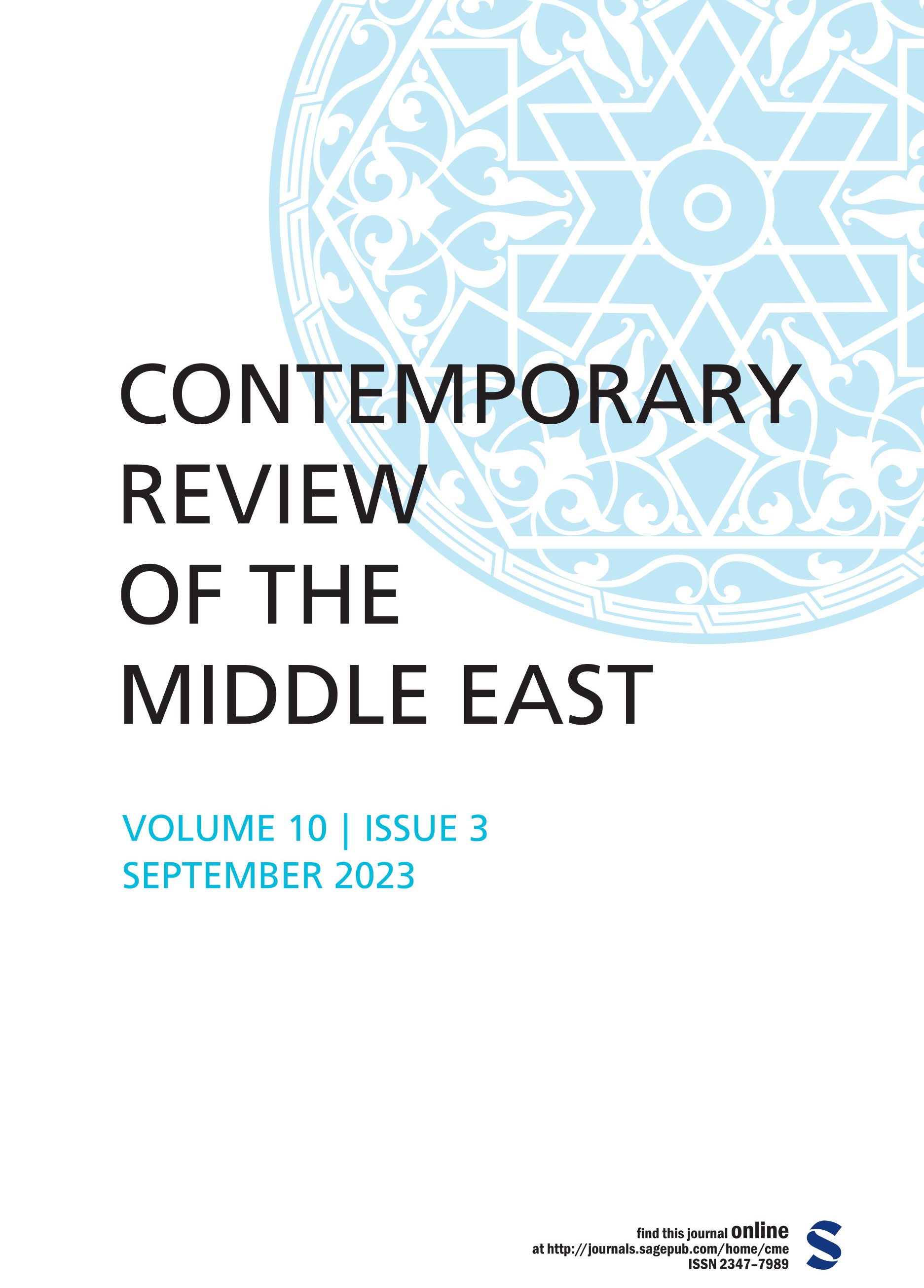
Neo-Ottoman Turk-Scape: Analyzing the Role of Dizis as Türkiye’s Soft Power Mohammad Reyaz and
Read More »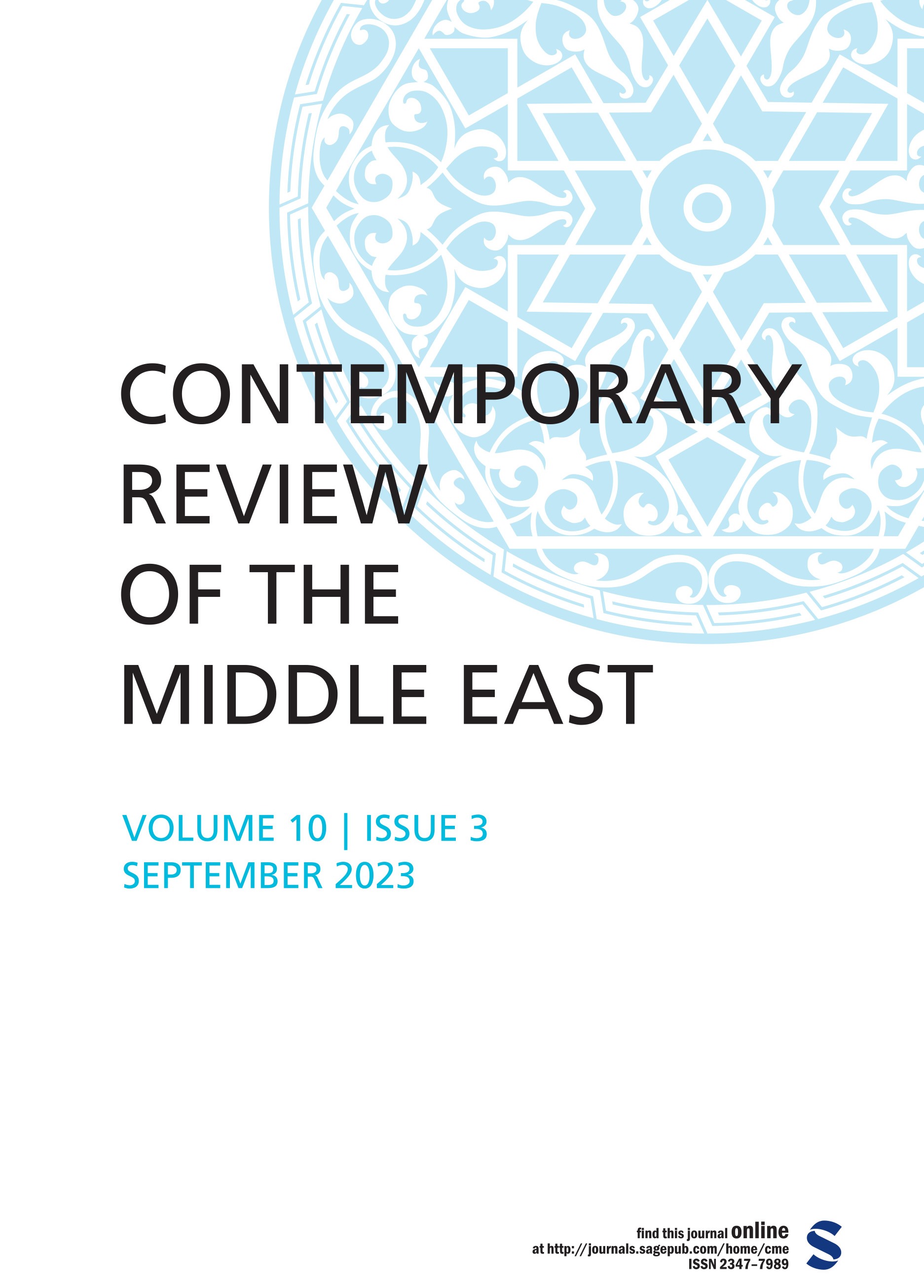
The Relations of Vietnam with the Middle East-North Africa Region: From a Divided State to an Important&
Read More »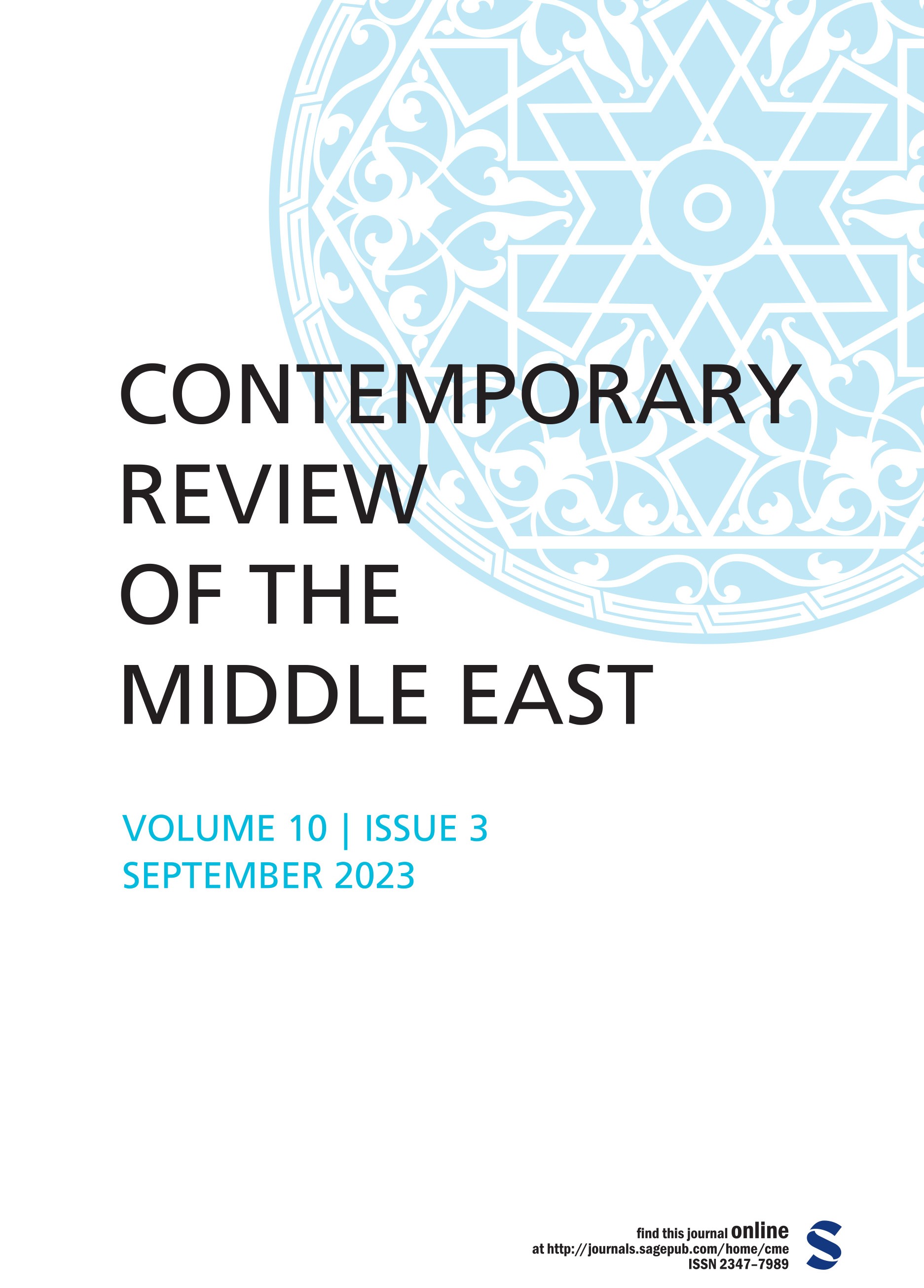
An Analysis of Yemen’s Geostrategic Significance and Saudi-Iranian Competition for Regional Hegemo
Read More »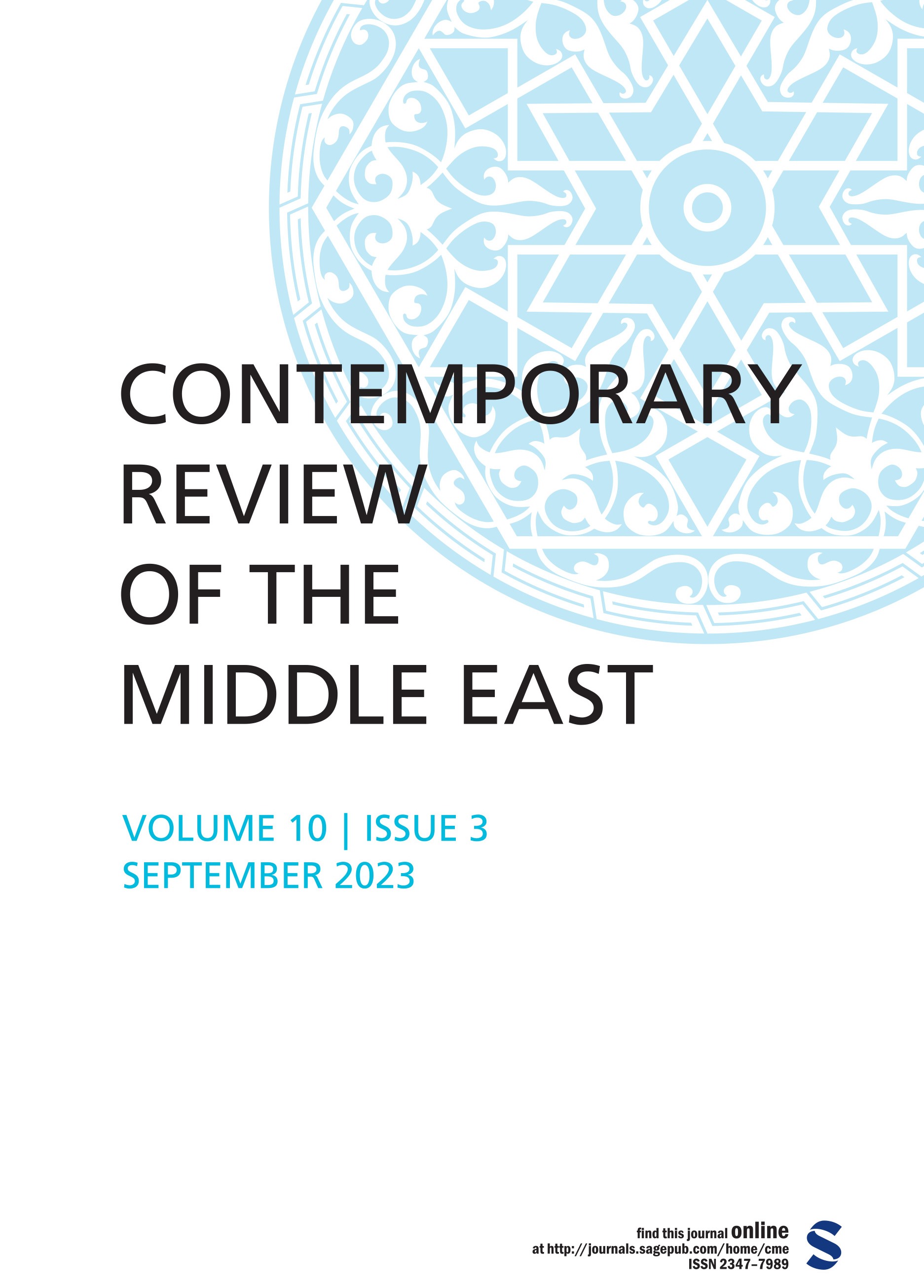
The National Reconciliation Process in Algeria During the Bouteflika’s Era: The Official Narrative Fa
Read More »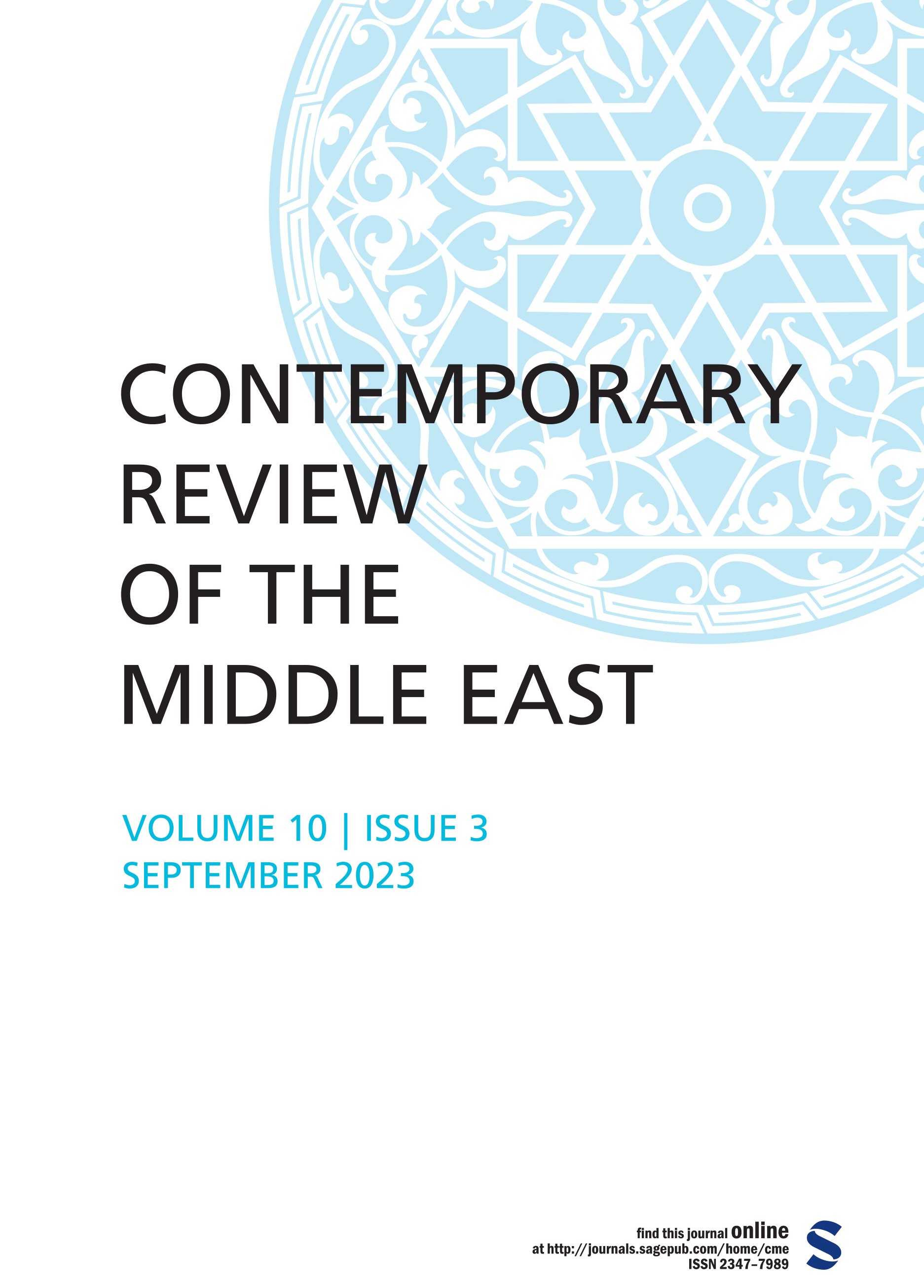
Dateline MEI When Netanyahu Rocks the Israel Boat, Nero Style P. R. Kumaraswamy For the text see: We
Read More ».jpg)
.jpg)
